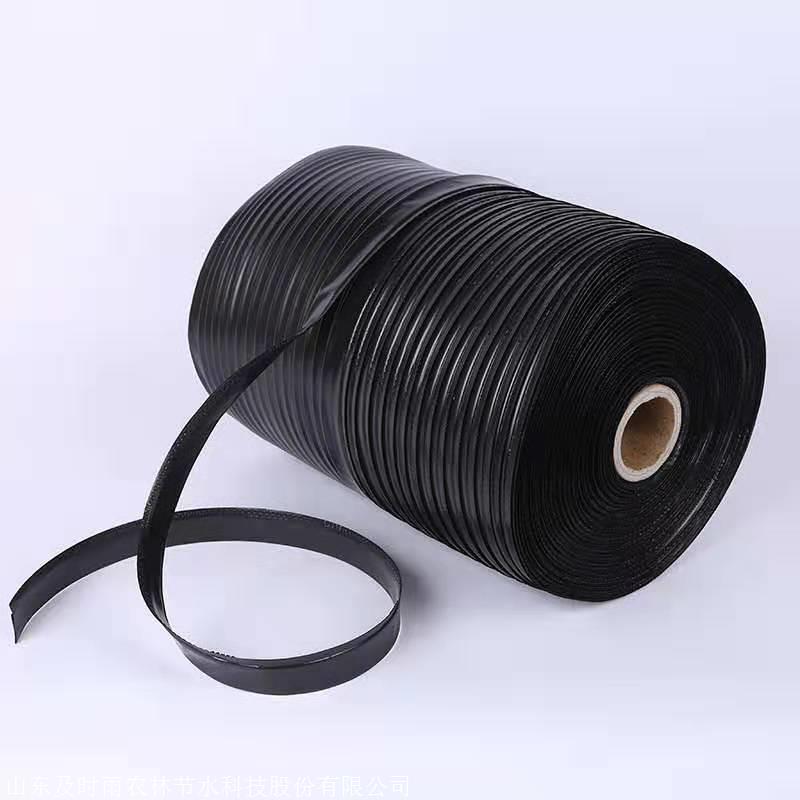When choosing a hose for your application, it’s important to consider the material the hose is made of. Each material has its own advantages and disadvantages, so it’s important to choose the right one for your needs.
PVC Hose
- Advantages: Lightweight, flexible, inexpensive, easy to install, and resistant to a wide range of chemicals.
- Disadvantages: Not as durable as metal or rubber hoses, and can be damaged by high temperatures or sharp objects.
Metal Hose
- Advantages: Very durable and can withstand high temperatures and pressures.
- Disadvantages: Heavy, expensive, and can be difficult to install.
Rubber Hose
- Advantages: Flexible, durable, and resistant to a wide range of chemicals and temperatures.
- Disadvantages: More expensive than PVC hoses, and can be damaged by sharp objects.
So, which type of hose is best for you?
It depends on your specific application. If you need a lightweight, inexpensive hose for a general purpose application, then a PVC hose may be the best choice. If you need a durable hose that can withstand high temperatures or pressures, then a metal hose may be the best option. And if you need a flexible hose that is resistant to a wide range of chemicals and temperatures, then a rubber hose may be the best choice.
Here are some additional factors to consider when choosing a hose:
- The size of the hose: The size of the hose will determine how much water or air can flow through it.
- The length of the hose: The length of the hose will determine how far you can reach with it.
- The type of fitting: The type of fitting will determine how you can connect the hose to your equipment.
- The price of the hose: The price of the hose will vary depending on the material, size, length, and type of fitting.
By considering all of these factors, you can choose the right hose for your application.



